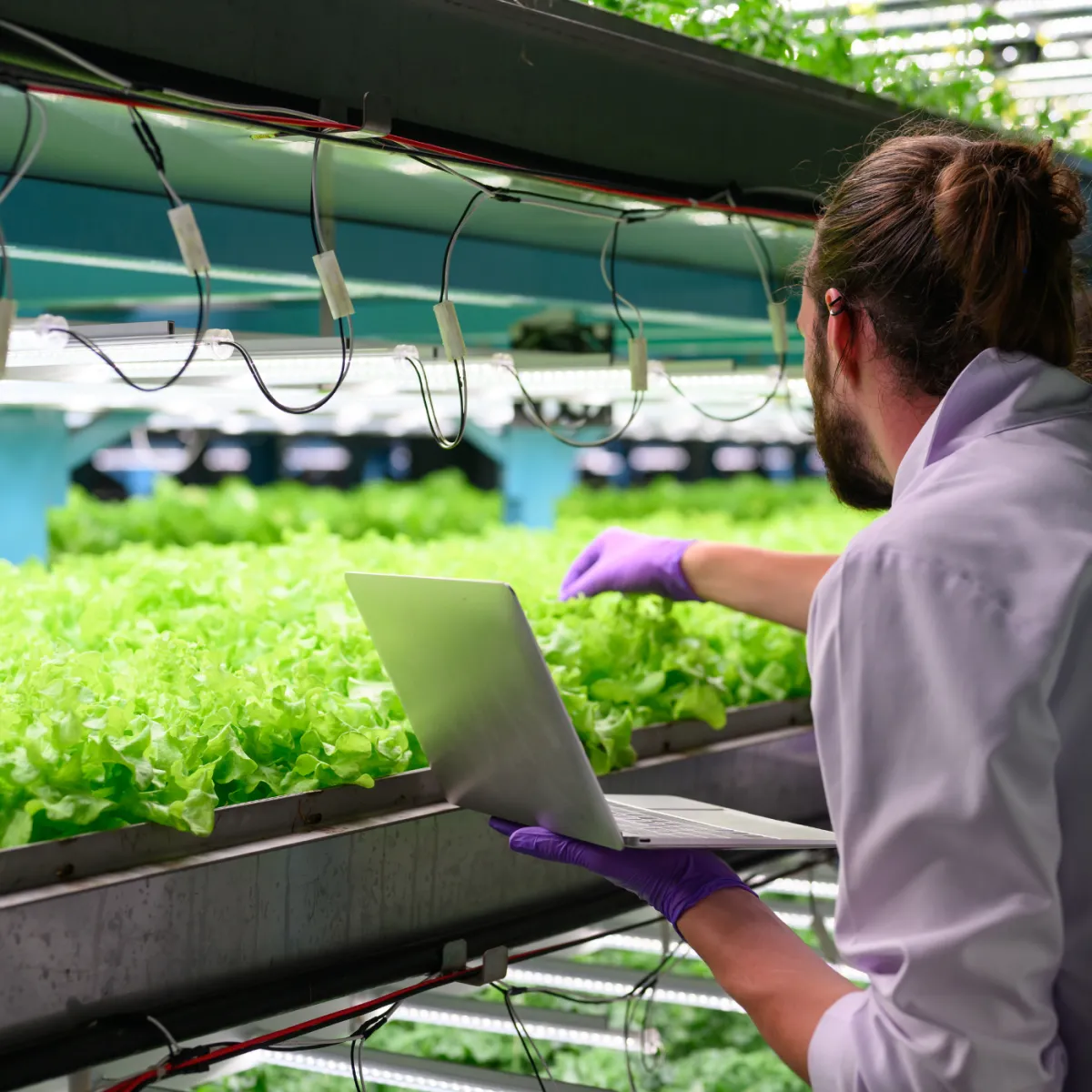
Agritech Greenhouse

Location: First Nations, Northern Manitoba
Partners:
Local First Nations, University of Manitoba, Manitoba Hydro, and private agritech companies
Summary:
These partnerships enable food security initiatives such as year-round greenhouses, powered by renewable energy and managed through co-op models.
Impact:
Addressed rural food insecurity, supported local economic development, and promoted sustainable agriculture.
Project:
Year-round greenhouses to enhance food sovereignty
Overview:
Indigenous communities built controlled-environment agriculture systems using renewable energy, in partnership with academia and private sector firms.
Participants & Stakeholders:
Indigenous Governments: First Nations bands (e.g., Opaskwayak Cree Nation)
Public Sector: Indigenous Services Canada, Manitoba Hydro
Private Sector: Agritech firms (e.g., Growcer – modular greenhouses)
Academic Sector: University of Manitoba (design, training)
Leadership: Band councils and community-led working groups
Consulting Vendors: Agricultural extension advisors, renewable energy consultants
Value Contributions:
First Nations: Vision, land, governance
Manitoba Hydro: Infrastructure and energy systems
Agritech Vendors: System deployment and training
University: Curriculum and technical support
Goal:
Enable food security with year-round local greenhouse production
Roadmap & Results:
Discovery & Design-
Success Factor: Co-designed with Elders, youth, and food sovereignty leaders
Planning & Configuration-
Funding: $1.8M secured via ISC, Growcer, and Manitoba Hydro programs
Pilot & Test-
Result: Initial grow unit produced 1,500 lbs of produce per month
Execution-
Result: Scaled to 3 communities with hydro-powered greenhouse clusters
Governance & Innovation-
Impact: 25% reduction in fresh food costs; improved school nutrition programs
Four value framework lenses:
B2B (Business-to-Business): Value created between private sector actors.
B2C (Business-to-Consumer): Value created from businesses or service providers to individual citizens.
G2B (Government-to-Business): Value delivered from public sector to business ecosystems.
G2C (Government-to-Citizen): Value delivered directly to citizens by government programs or PPPs.
B2B:
Agritech firms like Growcer formed build-operate-train partnerships with Indigenous communities.
Collaboration with Manitoba Hydro enabled custom renewable energy configurations.
B2C:
Residents gained access to affordable, fresh, and locally grown produce.
G2B:
Indigenous Services Canada and Manitoba Hydro enabled ecosystem infrastructure.
Training and business development services seeded micro-enterprises.
G2C:
Community food security reduced reliance on expensive, flown-in goods.
Youth programs connected agriculture with STEM learning and local employment.
Value Framework Dimensions:
Economic Value (EV):
Lower cost of fresh produce; local job creation.
Functional Value (FV):
Year-round growing in remote climate with renewable energy.
Experiential Value (XV):
Community pride, youth engagement in STEM-agriculture.
Social/Public Value (SV):
Food sovereignty; reduced dependency on supply chains.
Strategic/Ecosystem Value (ESV):
Indigenous-led innovation model for sustainable food systems.

Business Architecture
Flourishing Principles

Ecosystem
Optimization

Multi Stakeholder
Values

Global Flourish
CUSTOMER CARE
LEGAL
Copyright 2025. Global Flourish. All Rights Reserved.